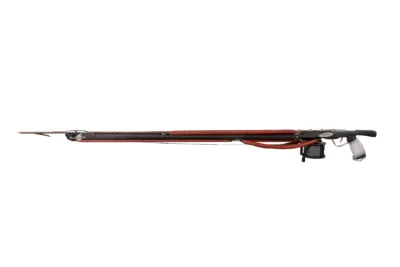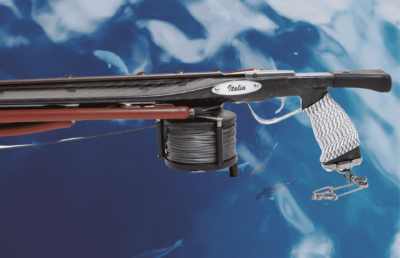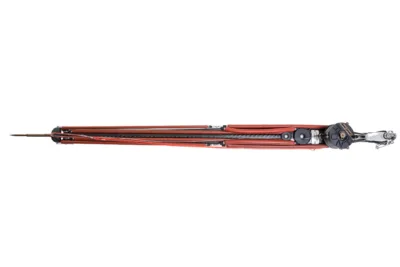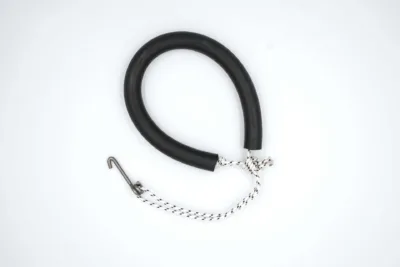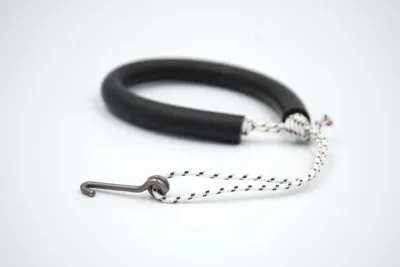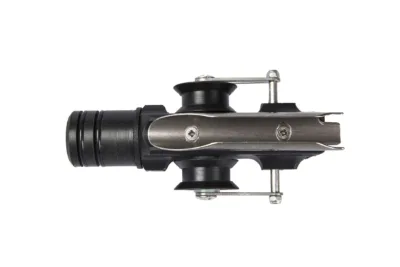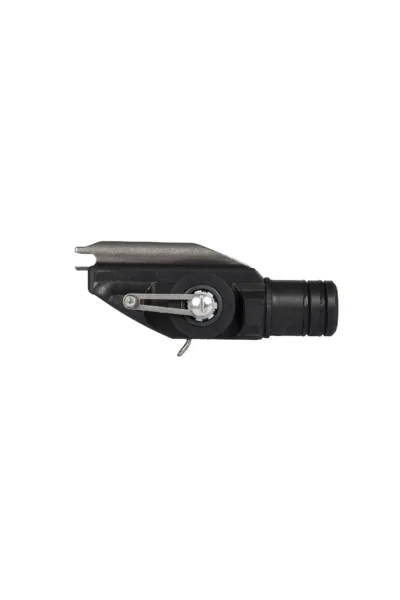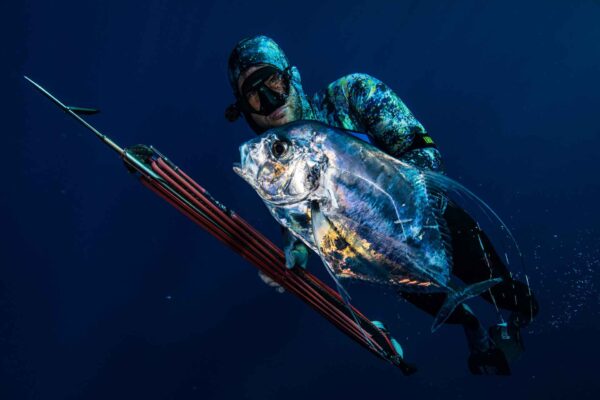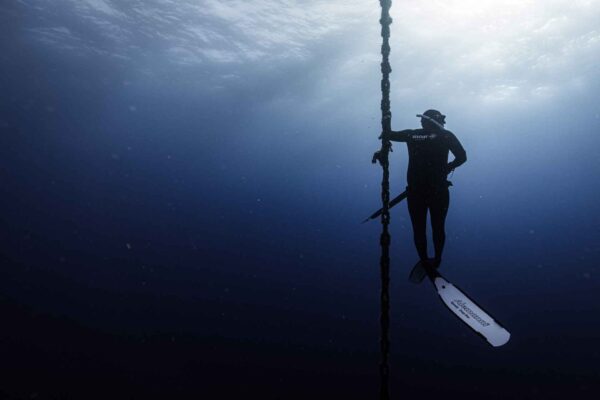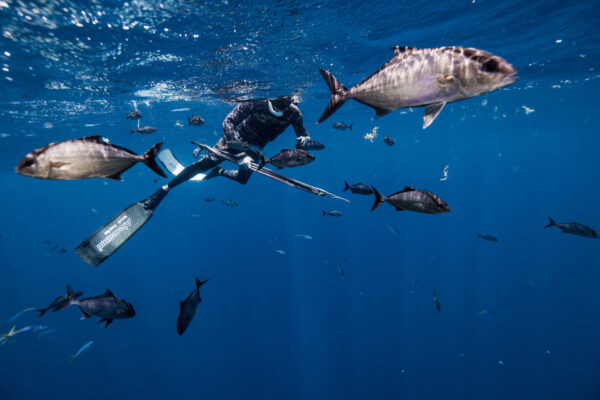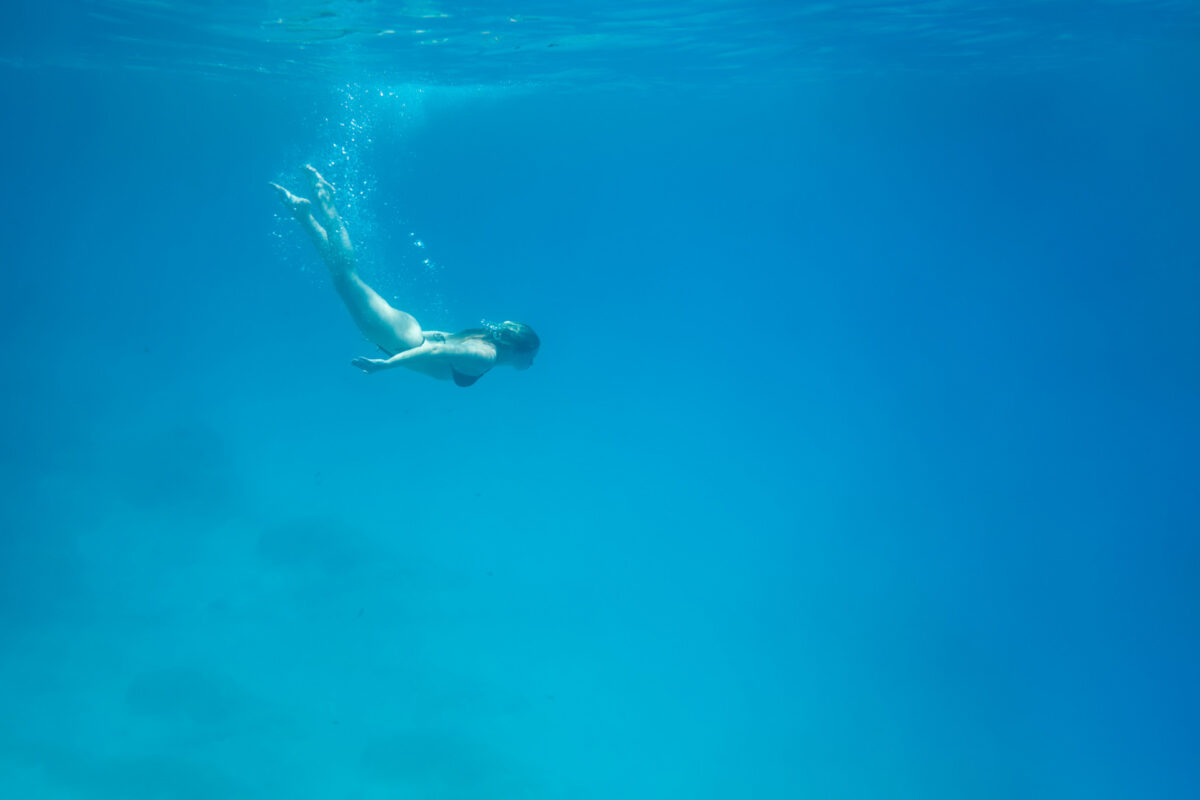Underwater fishing techniques
Apnea and breath control: the benefits on body and mind
Apnea and breath control: the benefits on body and mind
Immersing yourself in water without cylinders is always an experience that reconciles you with the world: the pressure of the water defuses muscle tension, time expands and the pulse slows down. L'a it forces the body and frees the mind: underwater you are alone in the center of the world, accompanied only by silence and your own breathing.
Those who prefer the spearfishing on the lookout knows well the importance of a good one Physical training: a few seconds of battery life can make the difference when stalking a prey, and the only way to lengthen the immersion time is train yourself to be "out of breath".
And even if the exercise of the suspension of breath underwater is probably not the main reason why you dedicate yourself to diving, this type of training has so many positive effects on the body and mind that in some cases it is also offered "dry".
The benefits of free diving: breath control
Freediving comes from the Greek apneawhich literally means "shortness of breath". It's a suspension of respiratory movement which can be involuntary – as in the case of some pathologies of the respiratory system – or it can be faced consciously, as occurs during diving.
Anyone who dives knows it well: a certain amount of preparation is required to tackle a freedive. It doesn't matter whether you dive for fishing, to break the world record or simply to relax: in addition to physical training, free diving requires the ability to control your breathing.
Breath control, essential in freediving to optimize air consumption, dive time and bottom time, is an exercise that is anything but trivial: even performances that are very different from those of the freediving world record holders can bring enormous benefits to the body , starting with the positive effects on circulation, heart function and ability to concentrate.
Free diving: the effects of work in water on the body
La diving practice in itself it has beneficial effects on the body: the natural resistance exerted by the water on the body not only relieves muscle tension and lightens the pressure on the spine, but amplifies all the positive effects of movement.
Moving in water is a very effective exercise for improving leg and back muscle tone: needless to say, the training work of shoulders and back it can be more intensive if you are swinging a dive while you are diving crossbow while targeting a prey.
Whether it's free diving, swimming, spear fishing or a simple walk along the beach, the underwater movement improves posture and strengthens the cardiovascular system.
But thefreediving has one more feature, which is what makes the difference compared to other water sports and water sports other types of sport fishing: by its very nature, freediving is a state of "suspension" capable of putting body and mind in contact.
“Being freediving is certainly the most unnatural thing that can exist,” he writes Mike Maric, doctor and freediving champion, “but being able to live in this dimension will make you it allows you to get to know a part of yourself better".
Anti-stress freediving: diving to breathe better
The oceanographer and documentary maker Jacques Cousteau, in an interview with Times in March 1960, he explained very precisely a feeling that many divers more or less tacitly share upon returning from each dive:
Since birth, man carries the weight of gravity on his shoulders. He is bolted to the earth. But as long as he dives below the surface, he is free.
The underwater world is light years away from the reality of land and its physical laws, and perhaps that is why water has the mysterious power to calm us down. Then when you dive to carry out a specific underwater activity, such as speargun fishing, a form of concentration takes over that is difficult to experience on land: “here and now” becomes an imperative which one cannot escape, the senses are refined, the pulsations scan the only time that exists.
La deep breathing that divers practice to dive in freediving is very similar to that of meditation, which involves slow and deep, "belly" breaths. This type of breathing increases the supply of oxygen to the blood and tissues, with obvious benefits for the whole body: the body has more energy, circulation is stimulated and the functionality of the heart and lungs is worked on.
Exactly like it Yoga Pranayama, freediving teaches you to breathe well, a hold your breath, stop it and release it: “No mental brooding, no ideas that generate anxiety”, explains freediving champion Mike Maric, “there is only you and your little-big challenge of remaining a few seconds without oxygen”, immersed in the silence of the primordial element.



